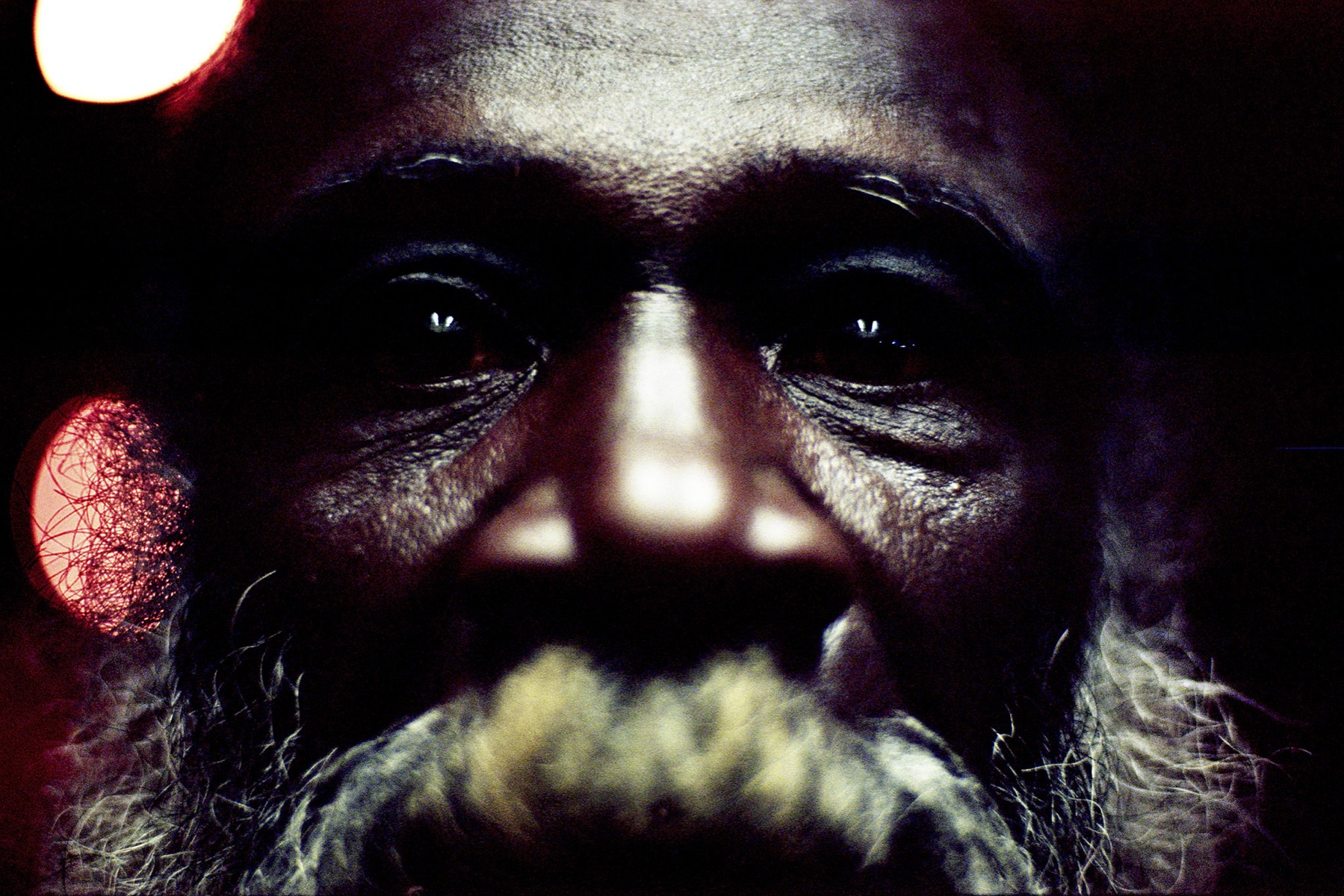Can the human mind truly grasp the essence of the divine? The concept of the "face" of Allah, as understood within Islamic theology, offers a profound lens through which to contemplate the nature of God and the believer's relationship with the divine. This exploration delves into the multifaceted interpretations of this key theological concept, examining its presence in the Quran, Hadith, and the perspectives of influential scholars throughout Islamic history.
The "face" of Allah, in its metaphorical and theological context, is not a literal physical attribute. It represents a deeper understanding of Allah's attributes, His essence, and the ultimate goal of the believer: to draw closer to Him. The early Islamic period witnessed the development of intricate theological frameworks that continue to shape interpretations of this concept today.
| Aspect | Details |
|---|---|
| Definition | In Islamic theology, "the Face of Allah" is a metaphorical expression referring to Allah's essence, attributes, and the ultimate goal of the believer's connection with the divine. It's not a literal physical feature, but rather a representation of God's qualities. |
| Scriptural Basis |
|
| Scholarly Interpretations |
|
| The Believer's Perspective |
|
| Key Concepts |
|
| Rejection of Anthropomorphism | Scholars generally agree that descriptions of Allah should not be taken literally as they might imply physical characteristics. Instead, these phrases are understood as expressions of Allah's qualities and attributes. |
| Importance of Knowledge | Seeking knowledge and understanding is essential for grasping the complexities of Islamic theology. |
| Impact on Life | The concept influences Muslims to perform good deeds, worship, and seek closeness to Allah. |
| Representations of Allah | The Quran and Hadith do not depict images of Allah. Visual representations are generally avoided in Islamic art. |
Reference: Islamic Studies Encyclopedia
- Santa Monica Luxury Shopping Guide Louis Vuitton More
- Ww1s War Industries Board Wib Facts Role In Production
The works of early scholars provide crucial insights into this concept. Ibn Khuzaimah, for example, in his seminal work "Tawhid," addresses the nature of God's attributes, including the "face." Ibn 'Abbas, a cousin of the Prophet Muhammad, emphasized the significance of seeking nearness to Allah by invoking "the light of your face."
The Quran provides the foundational basis for understanding the face of Allah. Verses such as those in Surah Al-Qiyamah (75:22-23) describe believers looking at their Lord on the Day of Judgement. This moment is often interpreted as the ultimate reward for the righteous, exceeding even the joys of Paradise.
The Prophet Muhammad's teachings, recorded in the Hadith, also play a key role. These sayings and actions of the Prophet offer guidance on how Muslims should live their lives, including prayer, acts of charity, and seeking knowledge. The Prophets example informs interpretations of key concepts, including the face of Allah.
- Free American Flag Resources Vectors Photos Psds
- Al Joyners Life From Flo Jo To Alisha Biehn Family Explained
The concept of the "face" of Allah has also found expression in art and literature, although often in a symbolic or abstract manner. While direct visual representations of Allah are generally avoided in Islamic art, the concept permeates the aesthetics and spiritual meaning found in calligraphy, geometric patterns, and other artistic expressions. Christiane Gruber's work traces the shift from more representational imagery to more abstract depictions of spiritual concepts over time.
It is important to note that while the Quran and Hadith speak of the "hand," "eyes," and "face" of Allah, these are not to be taken literally. The holy texts do not mention these qualities in a manner that suggests a physical form. Instead, these terms express Allah's attributes. This is a critical distinction to avoid anthropomorphism, which is the attribution of human characteristics to God.
The concept of the "face" of Allah is intertwined with the concept of striving for righteousness. Muslims are encouraged to perform good deeds, give charity, and seek knowledge, all with the intention of pleasing Allah. The ultimate aim is to see the "face" of Allah in the afterlife, a reward more significant than even the pleasures of Paradise.
Within the context of Islam, Allah is described as being beyond human comprehension and perception. He is the one and only God, the creator of the universe and everything within it. Everything happens according to His will. This perspective underscores the humility and reverence required in understanding and contemplating the divine.
The Arabic word "Allah" is used by speakers of all Abrahamic religions, it is not just a term exclusive to Muslims. The essence of Allah is considered the divine being, but also the religion of Allah.
Imam Ali ibn Husain is recorded as saying that they, the Imams, are the "face of Allah," through whom people turn toward God. This emphasizes the role of religious figures as guides and examples of devotion.
The concept of the "face" of Allah permeates many aspects of Islamic life, from daily prayers to the anticipation of the afterlife. The "face" is not simply a physical attribute; it represents the essence of God, the ultimate aim of the believer, and the culmination of a life lived in devotion and righteousness.
The path to understanding the "face" of Allah is through sincere devotion, the pursuit of knowledge, and a life of righteous action. Muslims are encouraged to contemplate the divine attributes of mercy, justice, and wisdom, striving to emulate these qualities in their own lives. It is a journey that requires constant reflection, faith, and a deep understanding of the teachings of Islam.
The concept of the face of Allah is a complex and deeply theological one. Its significance lies in its ability to inspire faith, guide actions, and offer hope to believers.
The concept of the "face" of Allah, as understood within the framework of Islamic theology, emphasizes the importance of submission to God, the pursuit of knowledge, and a life lived in accordance with Islamic principles. This profound concept offers a pathway toward an enhanced spiritual life.



Detail Author:
- Name : Harry Lynch
- Username : akoss
- Email : juwan.aufderhar@yahoo.com
- Birthdate : 1986-01-15
- Address : 297 Kaia Manors Suite 015 Lake Elenor, CA 24412
- Phone : +19472605277
- Company : Hills, Mraz and Rosenbaum
- Job : Fraud Investigator
- Bio : Ea quasi laborum vel est aut. Qui praesentium quibusdam autem quae ea labore. Eum dolorem soluta rem laudantium.
Socials
facebook:
- url : https://facebook.com/dewayne_dev
- username : dewayne_dev
- bio : Quia unde repellendus vero ab dolorem adipisci. Magnam id iste ullam ullam ut.
- followers : 1890
- following : 2851
twitter:
- url : https://twitter.com/dewaynebatz
- username : dewaynebatz
- bio : Qui voluptas temporibus et quibusdam voluptas hic quas. Qui est dolorem a non in. Et dolor sit est. Iure harum atque ut.
- followers : 4809
- following : 1941
tiktok:
- url : https://tiktok.com/@dewayne8294
- username : dewayne8294
- bio : Quidem deleniti debitis quos voluptas est.
- followers : 2608
- following : 2757
linkedin:
- url : https://linkedin.com/in/dewayne.batz
- username : dewayne.batz
- bio : Autem unde eum quasi delectus voluptas.
- followers : 6801
- following : 567
instagram:
- url : https://instagram.com/batz1970
- username : batz1970
- bio : Quae quis nihil non cumque culpa. Nostrum doloribus exercitationem occaecati numquam deleniti.
- followers : 5159
- following : 1156